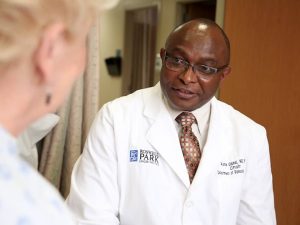A study conducted in spring of 2020 demonstrated that one-third of U.S. cancer survivors are worried about treatment and cancer care disruptions during the COVID-19 pandemic.
The National Comprehensive Cancer Network, American Cancer Society Cancer Action Network, and the National Minority Quality Forum have developed recommendations on how to lessen racial disparities in cancer care.
A study from researchers at University of North Carolina at Chapel Hill has found that smokers who saw messages about tobacco chemicals with associated health risks, together with graphic health images and information promoting quitting, expressed greater desire to quit smoking.
Ze'ev Ronai was named director of Sanford Burnham Prebys Cancer Center.
Children's Mercy Kansas City has opened a pediatric research facility located on the hospital's Adele Hall campus in downtown Kansas City.
Maryam Lustberg was named director of The Breast Center at Smilow Cancer Hospital and chief of breast medical oncology at Yale Cancer Center.
Anne-Marie Duliege was named chief medical officer of the Pancreatic Cancer Action Network.
Fox Chase Cancer Center has established the Cancer Epigenetics Institute that will create a locally based national hub for epigenetics study and collaboration focused on mechanisms promoting cancer and therapeutic resistance.
Ryan Schoenfeld was named chief scientific officer of The Mark Foundation for Cancer Research.
On Monday, March 1, Adekunle “Kunle” Odunsi will become the director of the University of Chicago Comprehensive Cancer Center—and the second Black director of an NCI-designated cancer center.






